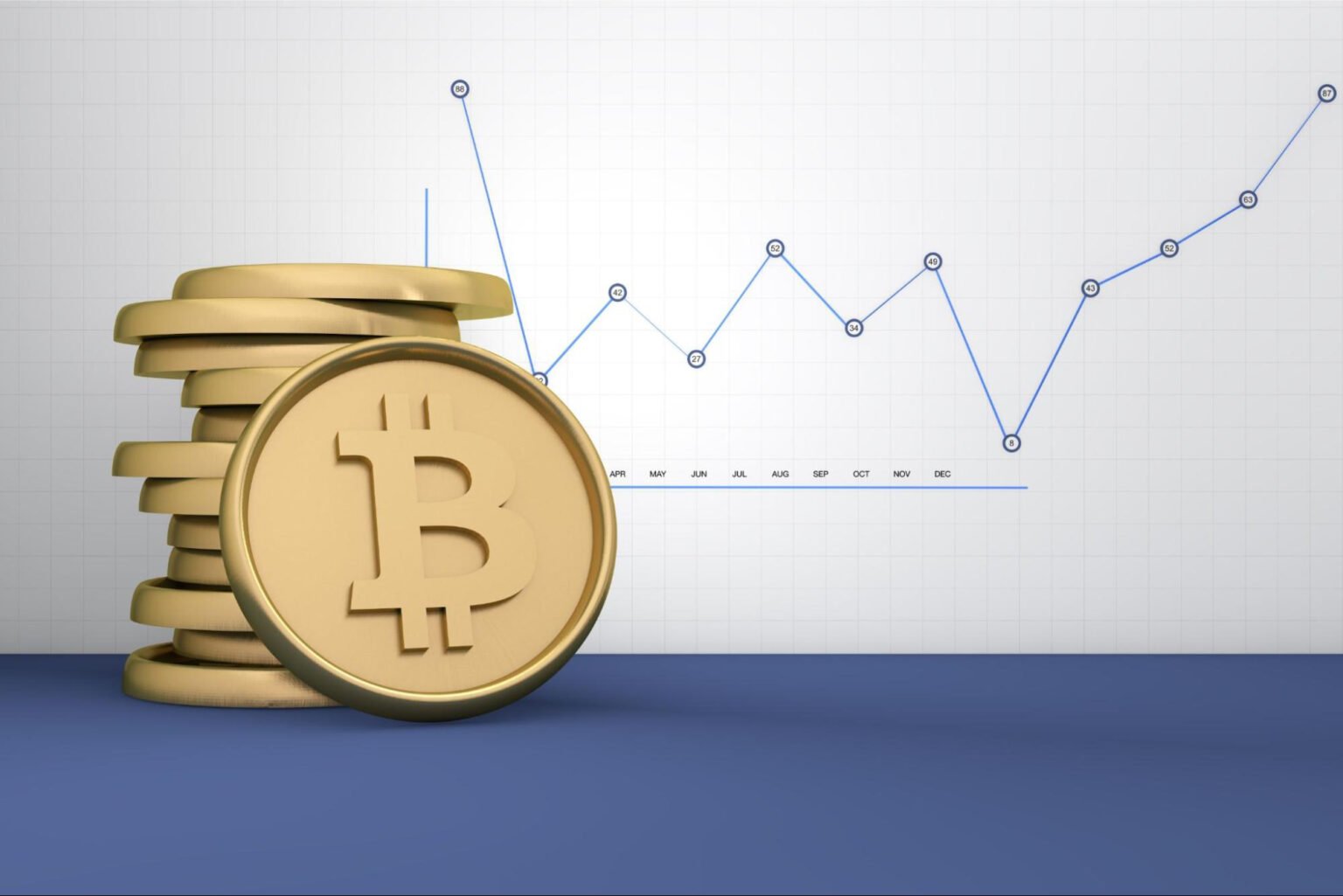Limited supply
Bitcoin’s current supply and its rate of growth are determined by the code. More than 90% of the 21,000,000 coins are already mined. The “halving” occurs every four years, reducing the bitcoin production rate by half. The mining process is becoming more expensive and time-consuming with the decreasing supply of currencies. A reduction in the annual bitcoin production rate might influence its price similarly to supply shocks in the commodities markets such as oil or gold. Bitcoin has experienced three halvings in its brief history, with price hikes and crashes occurring after each.

Bitcoin can exhibit daily price movements of several thousand U.S. dollars; hence, it is the most speculative and demanded asset. News channels may influence the volatility by creating new rumours and adding to the intense whirlwind. In many instances, when negative news is released about Bitcoin, some of its owners can panic and get rid of the coins. Besides, in the presence of positive information, the price may become volatile.
Accessibility and liquidity
An increase in Bitcoin’s value is likely when its user base grows. The Bitcoin price has skyrocketed because more people are using it. New online stores are starting to accept Bitcoin as payment, and many companies are trying new ways to use Bitcoins.
Everyone thinks Bitcoin is easy to trade. You can buy or sell Bits without trouble. However, if many people suddenly buy or sell, prices can change a lot in a short time. Liquidity attracts more traders and grows the Bitcoin market. However, special care must be taken about sudden price changes.
Risks and investing considerations
The market’s response to supply and demand may change Bitcoin’s worth. The digital nature of Bitcoin makes it specifically prone to such attacks. The price of Bitcoin is extremely unpredictable due to the hacking of exchanges and investors, even though each had a different cause for the drop. It is also necessary to guarantee that laws and regulations are followed. Cryptocurrency is an area of dispute in many countries. Some have banned it all, some are pondering harsh restrictions, and several are being careful about it. The new laws adopted on the national and international level could be a potential problem in the tax laws, ownership rights, and liquidity issues.
Since Bitcoin is a digital currency not governed by a single entity, it has no connection to the US dollar or actual money. The market price may rise or fall in response to demand. Given how erratic its price is, Bitcoin’s future worth may be determined by how widely it is used. Those who make investments in this field must exercise extreme caution. As a result, potential investors need to assess the circumstances appropriately and decide for themselves. Alternatively, if they feel comfortable with the risk, they can purchase Bitcoin.
Also Read: Would You Be Able to Describe Bitcoin and How It Works?
[sp_easyaccordion id=”1321″]


